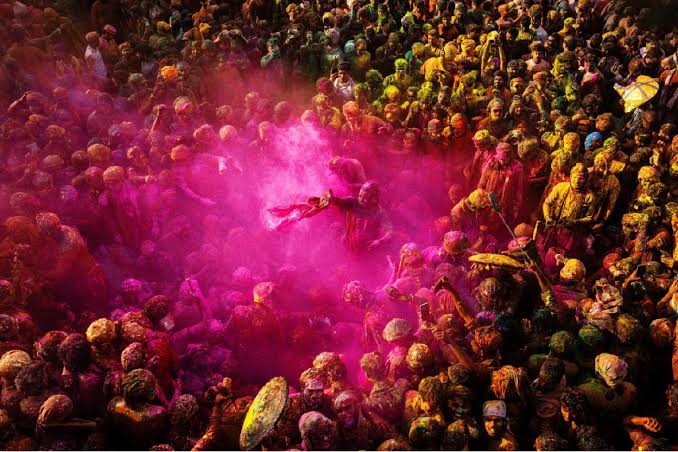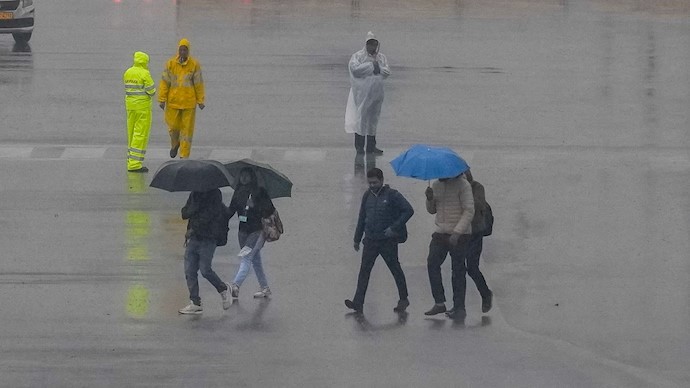On March 11, the central government officially enacted the Citizenship (Amendment) Act, of 2019. US vocalist Mary Millben publicly commended Prime Minister Narendra Modi for his compassionate leadership in spearheading the implementation of the Citizenship Amendment Act (CAA) in India. She perceives the CAA as a significant step toward fostering peace and securing religious freedom for Christians, Hindus, Sikhs, Jains, and Buddhists. According to Millben, the CAA epitomizes a genuine demonstration of democratic principles.
 In response to concerns raised by the United States regarding the CAA, Millben, whose interaction with PM Modi during his US visit in June 2023 garnered widespread attention, emphasized the importance of fostering a more constructive tone in the US-India democratic partnership, especially as Modi gears up for a potential third term in office.
In response to concerns raised by the United States regarding the CAA, Millben, whose interaction with PM Modi during his US visit in June 2023 garnered widespread attention, emphasized the importance of fostering a more constructive tone in the US-India democratic partnership, especially as Modi gears up for a potential third term in office.
Expressing her views on the matter via a post on X (formerly Twitter), Millben wrote, “@StateDept, PM @narendramodi is demonstrating compassionate leadership towards those being persecuted for their faith and providing a home to them in #India. A pathway to peace for Christians/Hindus/Sikhs/Jain/Buddhists seeking #religiousfreedom. When the PM is reelected for a third term, aim to be a better democratic partner in tone. The Citizen Amendment Act is a true act of democracy.”
Matthew Miller, spokesperson for the US State Department, emphasized the need for close monitoring of the CAA’s implementation in India due to concerns regarding religious freedom and equal treatment for all communities under the law.
India swiftly responded to these concerns, asserting that the CAA falls within its internal jurisdiction and dismissing the US statement as “misplaced, misinformed, and unwarranted.” Randhir Jaiswal, a spokesperson for the Ministry of External Affairs, reiterated India’s commitment to inclusive traditions and human rights, emphasizing that the CAA aligns with these principles.
The Citizenship (Amendment) Act, of 2019, represents a significant amendment to the Citizenship Act of 1955. It offers a path to Indian citizenship for Hindus, Sikhs, Christians, Buddhists, Jains, and Parsis who migrated from neighbouring Muslim-majority countries like Pakistan, Bangladesh, and Afghanistan. The act also extends eligibility for accelerated citizenship to migrants who entered India before December 31, 2014, and faced religious persecution in their countries of origin.




